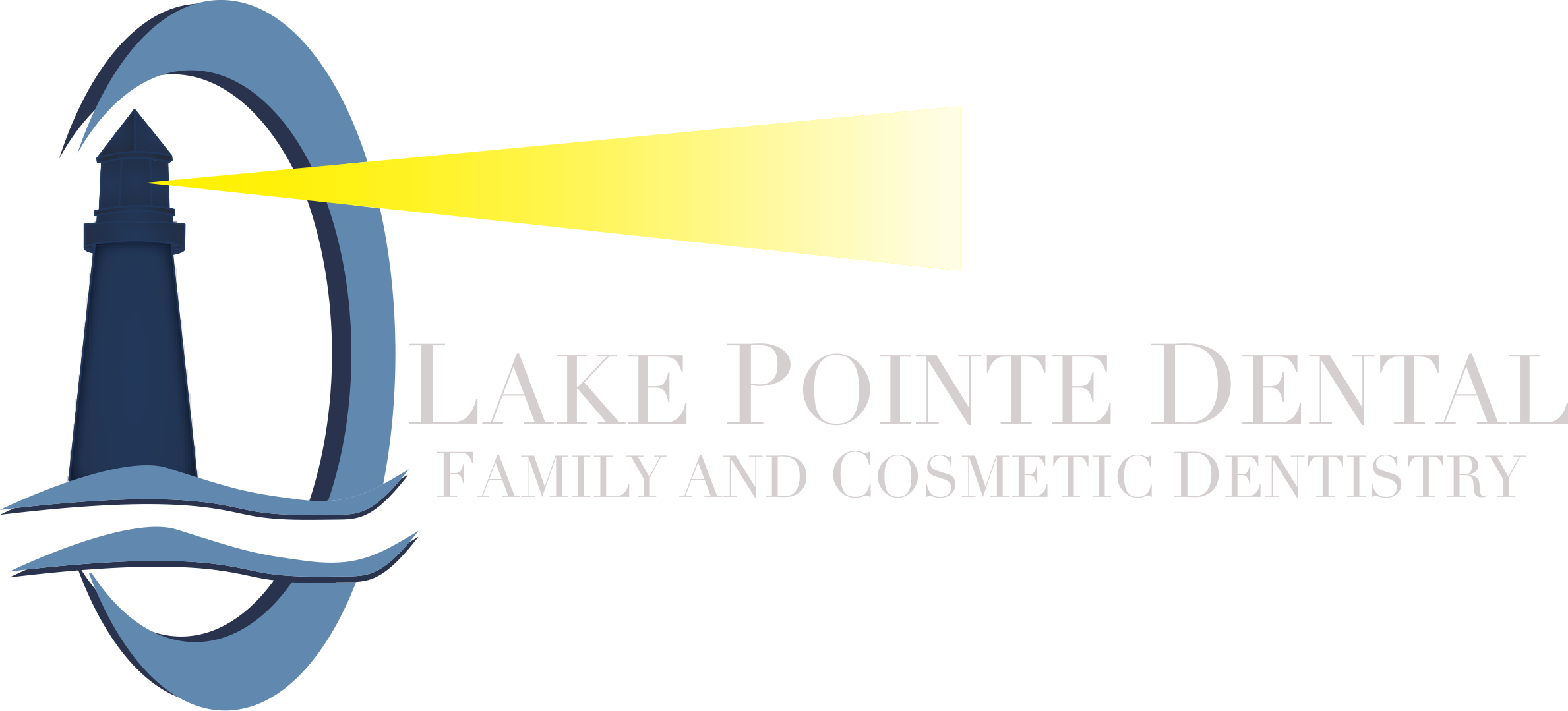About Baby Teeth
 Baby teeth are also known as milk teeth, primary teeth or temporary/deciduous teeth. This is the very first set of teeth that erupts in the oral cavity of infants and sheds progressively a few years later to make way for the permanent dentition. The development of these teeth initiates before the birth of the child, while it is still in the uterus, but they erupt several months after birth.
Baby teeth are also known as milk teeth, primary teeth or temporary/deciduous teeth. This is the very first set of teeth that erupts in the oral cavity of infants and sheds progressively a few years later to make way for the permanent dentition. The development of these teeth initiates before the birth of the child, while it is still in the uterus, but they erupt several months after birth.
Unlike adult that have a set of 32 teeth, babies only have 20 with 5 teeth in each quadrant or 10 in the upper and lower jaws each. Infants enter the teething phase during their sixth month when the teeth first begin to erupt, and this may continue up till 30 months or till all primary teeth have erupted in the oral cavity. The primary dentition includes central incisors, lateral incisors, canines, first molars and second molars only. First and second pre-molars and third molars are absent in the deciduous dentition.
Eruption Sequence of Baby Teeth
The very first teeth to appear in the infant’s oral cavity are central incisors which may erupt during 6-12 months. The lateral incisor eruption occurs from 9-13 months, followed the first molars that erupt between 13-19 months. The canines appear in the mouth next between 16-23 months followed finally, by the last primary teeth, the second molars between 23-33 months.
The shedding process of the baby teeth starts at age six, when the central incisors begin to shed, and continues up till 12 years of age when all teeth of the deciduous dentition have fallen, and have successfully been replaced by permanent teeth.
When the shedding process starts, it is likely for teeth from both primary and second dentition to be present in the mouth at the same time; this phase is known as the mixed dentition phase.
The Role of the Baby Teeth
Apart from playing a critical role in nutrition and speech development, there are other important functions of the baby teeth in the mouth. They maintain ideal spacing for the eruption of the permanent teeth, thus allowing for the proper development and strengthening of oral muscles and bones. Experts encourage parents to allow shedding to take place naturally instead of forcefully removing mobile teeth. Children should be taken regularly to dentists for ideal hygiene and occlusion maintenance.









